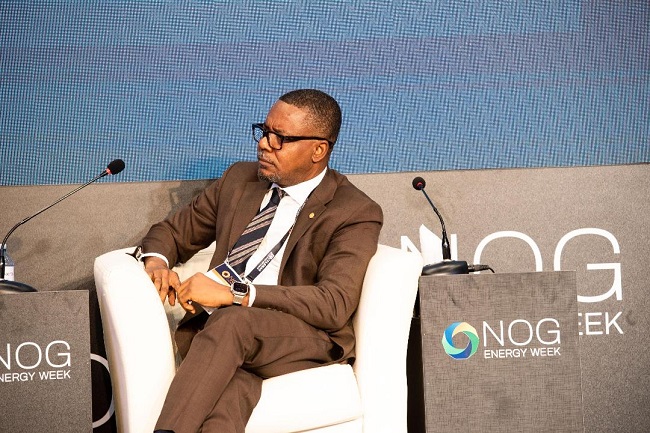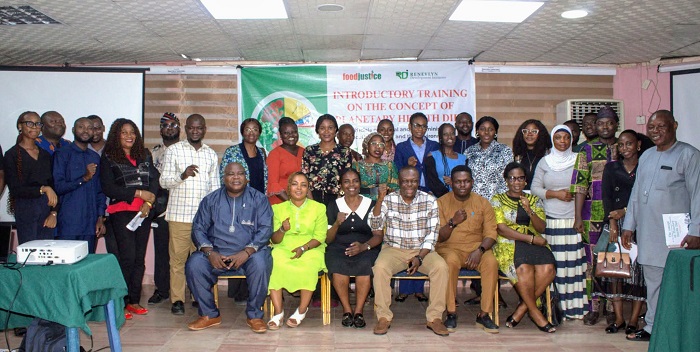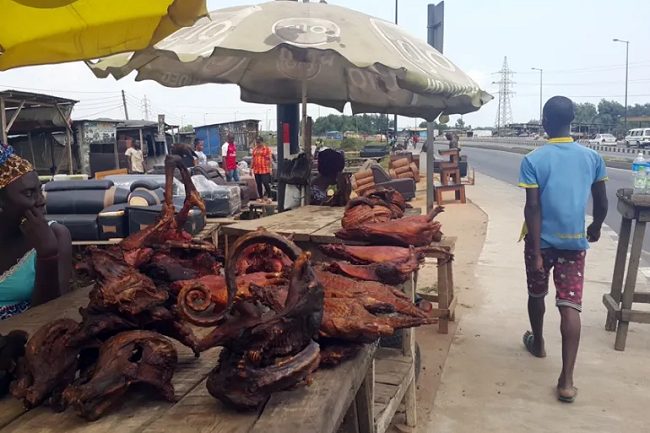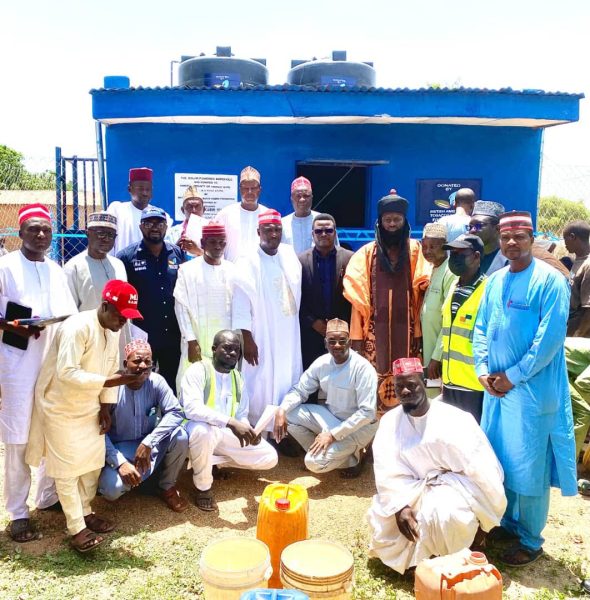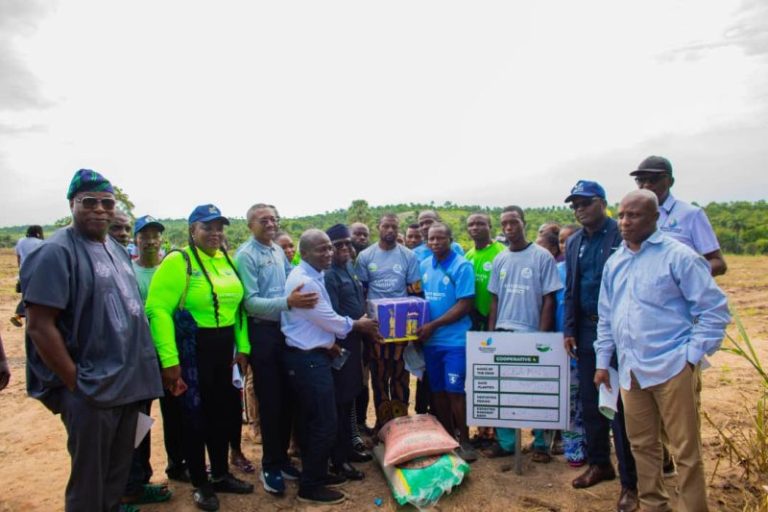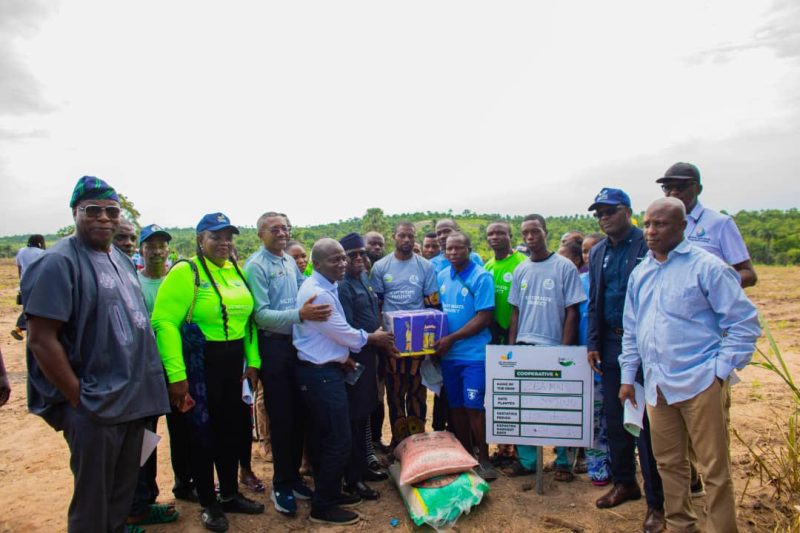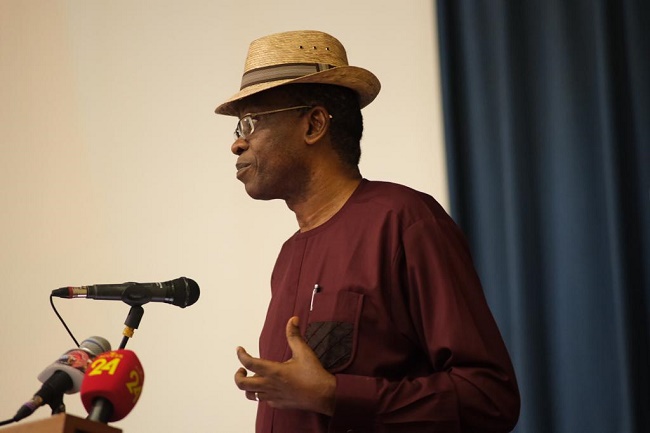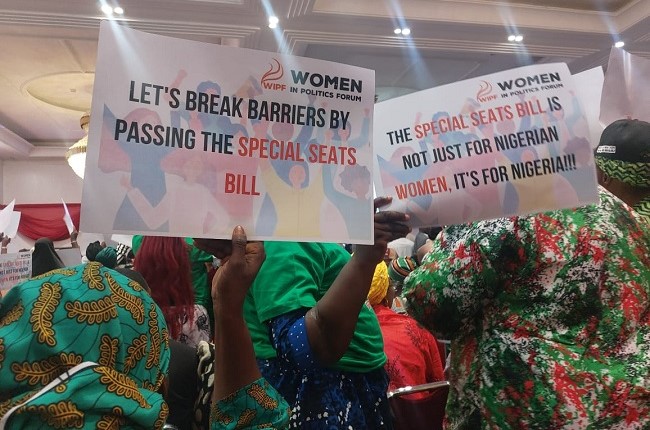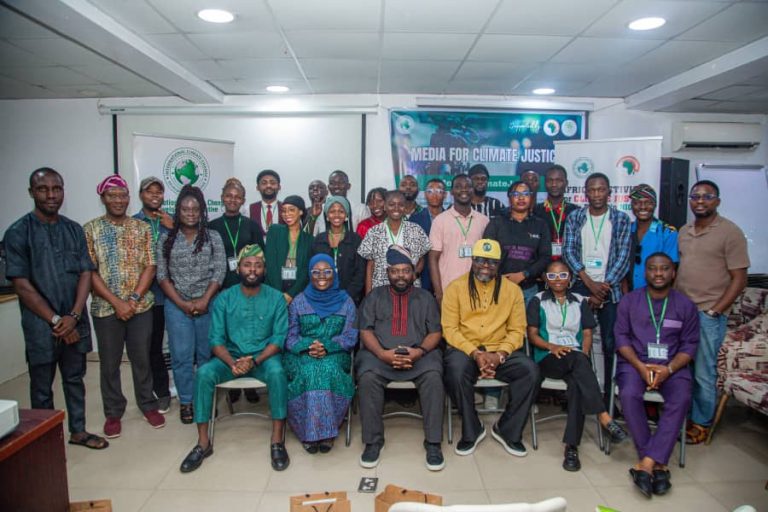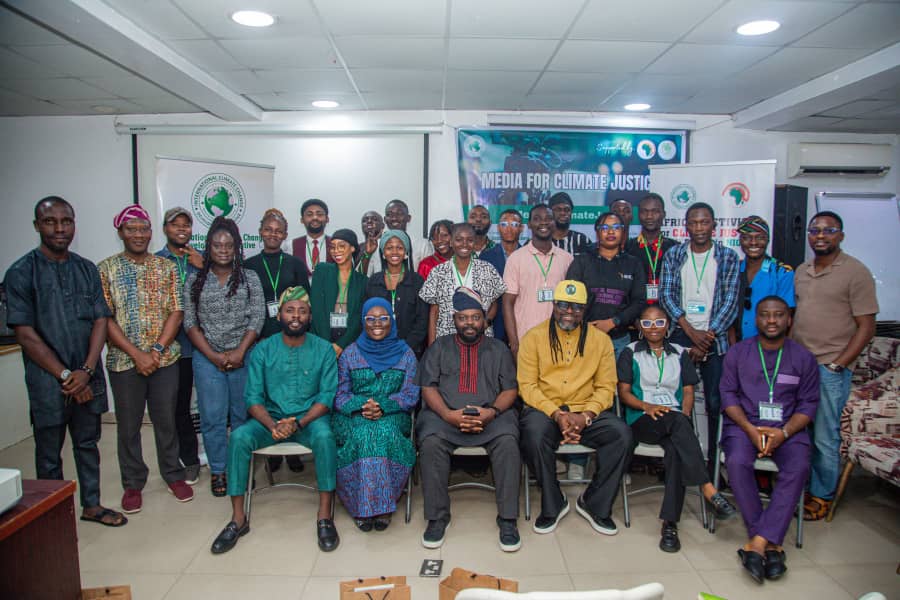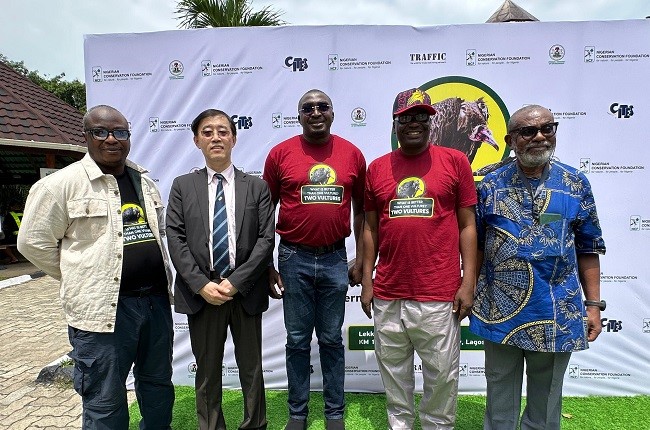Mighty Media Plus Network Limited, publishers of the online newspaper QEDNG, has announced Udeme Ufot as Chairman of the inaugural QEDNG Creative Powerhouse Summit.
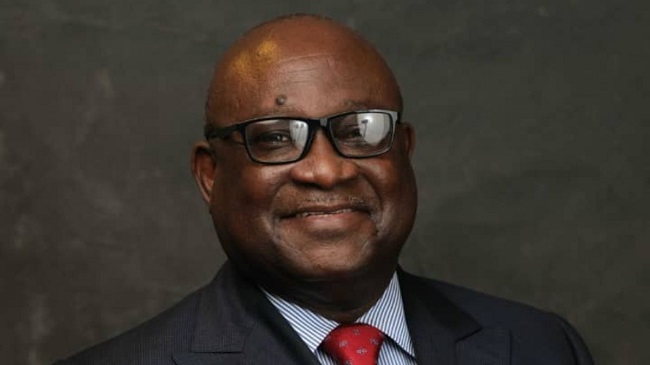
Ufot is the Group Managing Director of SO&U, one of Africa’s foremost marketing communications groups.
The announcement was made in a statement on Friday, July 4, 2025. It follows the recent confirmation that the summit will take place on Tuesday, August 12, 2025, at Radisson Blu Hotel, Isaac John Street, Ikeja, Lagos.
Themed “Financing as Catalysts for a Thriving Creative Economy,” the summit will bring together key figures in the creative space—including industry leaders, investors, policymakers, and emerging talents – to discuss ways to boost the sector’s growth and sustainability.
Olumide Iyanda, Chief Executive Officer of Mighty Media Plus Network Limited and Convener of the summit, said Ufot’s career achievements and support for the creative economy make him an ideal choice.
“The summit will explore innovative funding solutions, fostering partnerships between creatives and investors, and provide tools for effective financial management. It will also serve as a space for collaboration between creatives, industry leaders, and policymakers to drive sustainable growth,” Iyanda said.
He recalled Ufot’s long-standing relationship with QEDNG, dating back to the platform’s launch in 2014. According to him, Ufot’s guidance and encouragement helped shape QEDNG’s direction and identity.
“Mr Ufot’s position as chairman will underscore his role as a thought leader and champion of Nigeria’s creative industry. His leadership and insights will inspire participants to pursue innovation and excellence, reinforcing the importance of strategic collaboration. It will also highlight his pivotal contributions to the advancement of the creative sector in Nigeria,” Iyanda added.
Ufot began his career in 1984 at Insight Communications, where he rose to the position of Deputy Creative Director (Art). In 1989, he joined CASERS as Creative Director. Just six months later, he co-founded SO&U, which has since become one of Nigeria’s most respected advertising agencies.
He holds a Bachelor’s degree in Industrial Design from Ahmadu Bello University, Zaria, and has also completed programmes at the Swedish Institute of Management and the Lagos Business School.
Over the years, Ufot has held several leadership roles in the industry. He served as President of the Association of Advertising Agencies of Nigeria (AAAN) and Chairman of the Advertising Practitioners Council of Nigeria (APCON).
He also chairs the Board of the Policy Innovation Centre, sits on the board of the Nigeria Economic Summit Group (NESG), and co-chairs its Policy Commission on Tourism, Hospitality, Entertainment, Creative Industries and Sports (THECS).
Ufot is committed to developing future industry leaders. He mentors young professionals and lectures at the School of Media and Communication, Pan-Atlantic University, where he chairs the advisory board.
He is a past President of the Lagos Business School Alumni Association and former Board Chair of LEAP Africa, a non-profit organisation focused on youth leadership and entrepreneurship. He also serves on the board of Special Olympics Nigeria.
In 2014, the Federal Government of Nigeria honoured him with the Member of the Order of the Federal Republic (MFR) for his contributions to the corporate sector.
Udeme Ufot is married to Dorothy Udeme Ufot, SAN, and they are blessed with two children.
The QEDNG Creative Powerhouse Summit is open to a broad audience, including artists, filmmakers, musicians, designers, advertisers, academics, and financial institutions. It is expected to be a landmark event for collaboration, innovation, and investment in Nigeria’s creative economy.

